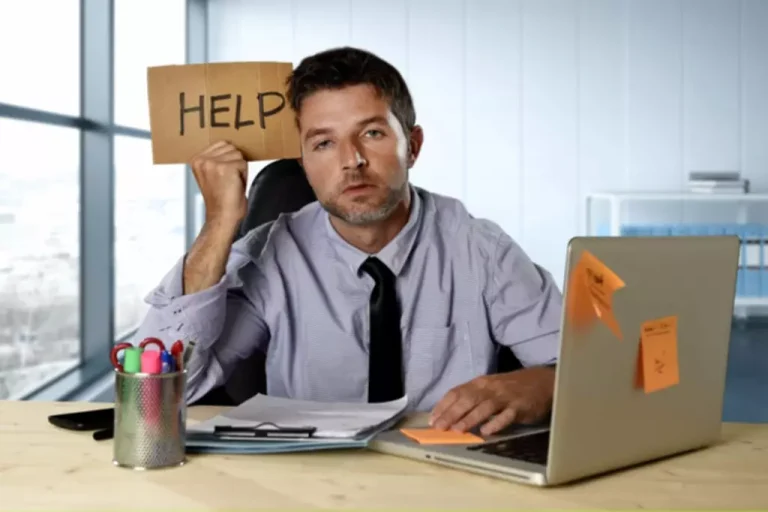
One of the most dangerous aspects of relapse is the increased risk of overdose. When people use alcohol or other drugs for a long period of time, they develop tolerance. That means they have to take higher doses of the substance to feel the same effects. The best way to prevent relapse is to practice coping behaviors consistently, build a support system and avoid risk factors.
Reach out to Your Support Network
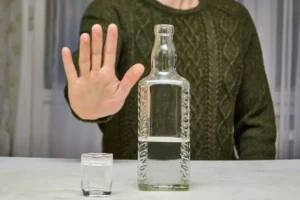
Instead of viewing your slip what to do after a relapse as a step backward, think of it as a progression on your road to recovery. Not only do you need support during and following treatment, you also need support when a relapse occurs. Reaching out right away to your support network will greatly influence whether or not you take the steps to get back on track after a relapse. This list only scratches the surface of the many reasons why someone may relapse after drug or alcohol treatment.
Assess Triggers and Contributing Factors
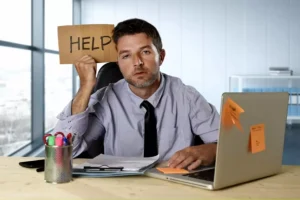
Inpatient programs provide round-the-clock care and immersive support, ideal for individuals dealing with severe addiction or those needing structured environments. These programs typically last from one to six months, allowing for intense therapeutic interventions tailored to address both psychological and physical aspects of addiction. While many people may find that their detox is complete within a week, cravings often persist longer, underscoring the necessity of transitioning into follow-up treatment. This transition is vital for managing ongoing cravings and beginning the healing process both physically and mentally. Triggers are situations, emotions or environments that can lead to cravings and potential relapse.
Key features of physical relapse:
- A skills-based approach known as dialectical behavior therapy (DBT) helps individuals manage emotions, recognize triggers and build healthier coping mechanisms.
- Experts emphasized that connection is key — many individuals in recovery have damaged relationships or lost previous support systems.
- Discover self-reflection, coping strategies, and personal growth.
- They’re constantly practicing coping skills, stress-relief techniques and healthy habits.
- Rather, it can be considered a minor setback, and still part of the process of recovery.
Often, it’s your support network that notices something is wrong long before you do, and they can get you the help you need or encourage you to do so yourself, should need be. Even if it’s just one or two people who really care, they could mean the difference between a second relapse or a life of fulfilling sobriety. Realize that relapse is often a part of the recovery process and that, even though it’s a setback, there’s no reason to feel guilt and shame. Learn to forgive yourself for relapsing and find self-love to try again. Recognizing the early signs of relapse could help you prevent it in the future, and recognizing when you’ve started relapsing could mean getting help in time. When facing a relapse, the first crucial step is admitting it has happened.
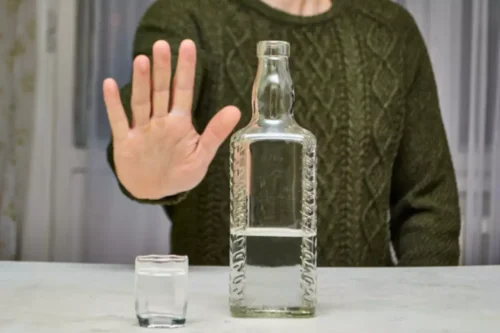
Breaking the Relapse-Cycle With Addiction Relapse Prevention
You may tell yourself that you’ve messed up, that you’ve made a huge mistake, that you’re not Sober living house good enough to be sober. Consider returning to a structured treatment program, such as outpatient therapy or counseling, to reinforce your commitment to recovery. Even during good times, unresolved psychological issues can come back.
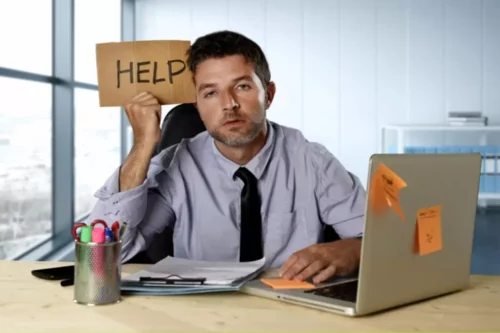
During this phase, the focus is on stabilizing — getting through cravings and learning new habits. Rewiring may feel slow, but even small steps can make a big difference in the long run. At the shelter, he said he sees many people with mental illnesses and substance use disorders who need supportive housing. After more than three years of living sober at Delancey Street Foundation, a residential drug rehabilitation program in San Francisco, he had lined up a job and reconnected with family. Two-thirds of Americans say that either they or a family member has been addicted to alcohol or drugs, been homeless because of an addiction, or overdosed and died from drug use. Statistically speaking, addiction has affected the lives of most people reading this.
- Neuroplasticity is in full swing, meaning the brain is becoming more adaptable and able to form new, healthier patterns of thinking and behavior.
- Reflecting on the circumstances leading up to a physical relapse is crucial in addiction recovery.
- When it comes to it, if you want to live a safe and sober life, you must act, and act now.
- Relapse prevention tools, including personal planning and mindfulness practices, are essential for navigating the early stages of recovery.
- Alcohol addicts may relapse for various reasons, and relapse is a common occurrence in addiction recovery.
Adjust Your Recovery Plan:
Receive weekly insights to help you and your loved ones on your road to recovery. A physical relapse can be a brief “slip.” You might be at a party, and you have a drink to celebrate. Physical relapse is when you begin using substances or alcohol again. However, addiction is a disease, and you are still vulnerable to relapsing.
However, the high number of people going through the addiction recovery process has never been successfully dealt with. National Institute of Drug Abuse (NIDA), in 2017, an estimated 20.7 million people (aged 12 and older) needed treatment for a SUD. However, only 4 million people received treatment, or just 19% – less than a fifth. During emotional relapse, people aren’t considering drinking or using. However, they aren’t practicing coping behaviors or proper self-care.
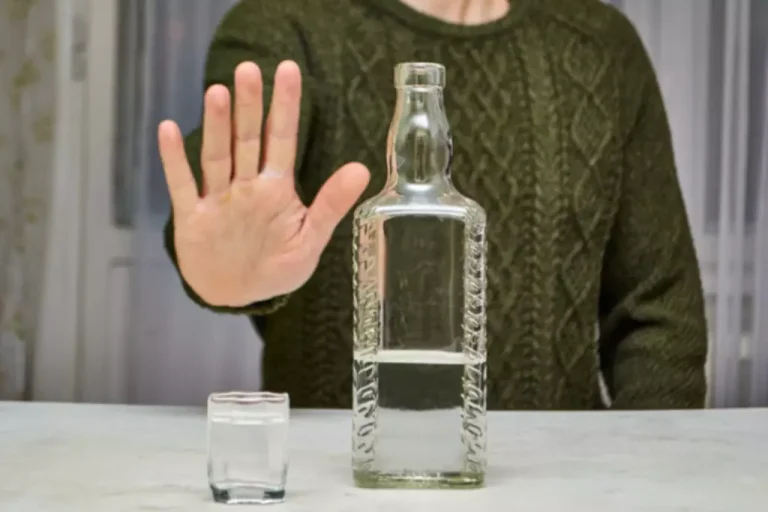
What to Do After a Relapse
Getting appropriate treatment for co-occurring mental health and medical conditions can also help reduce your risk of relapse. People can move on from the relapse with a stronger commitment to preventing future relapses by avoiding or managing triggers before they occur. Accepting that relapse is a normal part of the process of recovery is a more helpful way of looking at relapse. It can be seen as a sign that something in their treatment plan needs to be modified to maintain sobriety. You and your family members can work on relapse prevention during your treatment by focusing on your discharge planning while you are in a treatment center.
